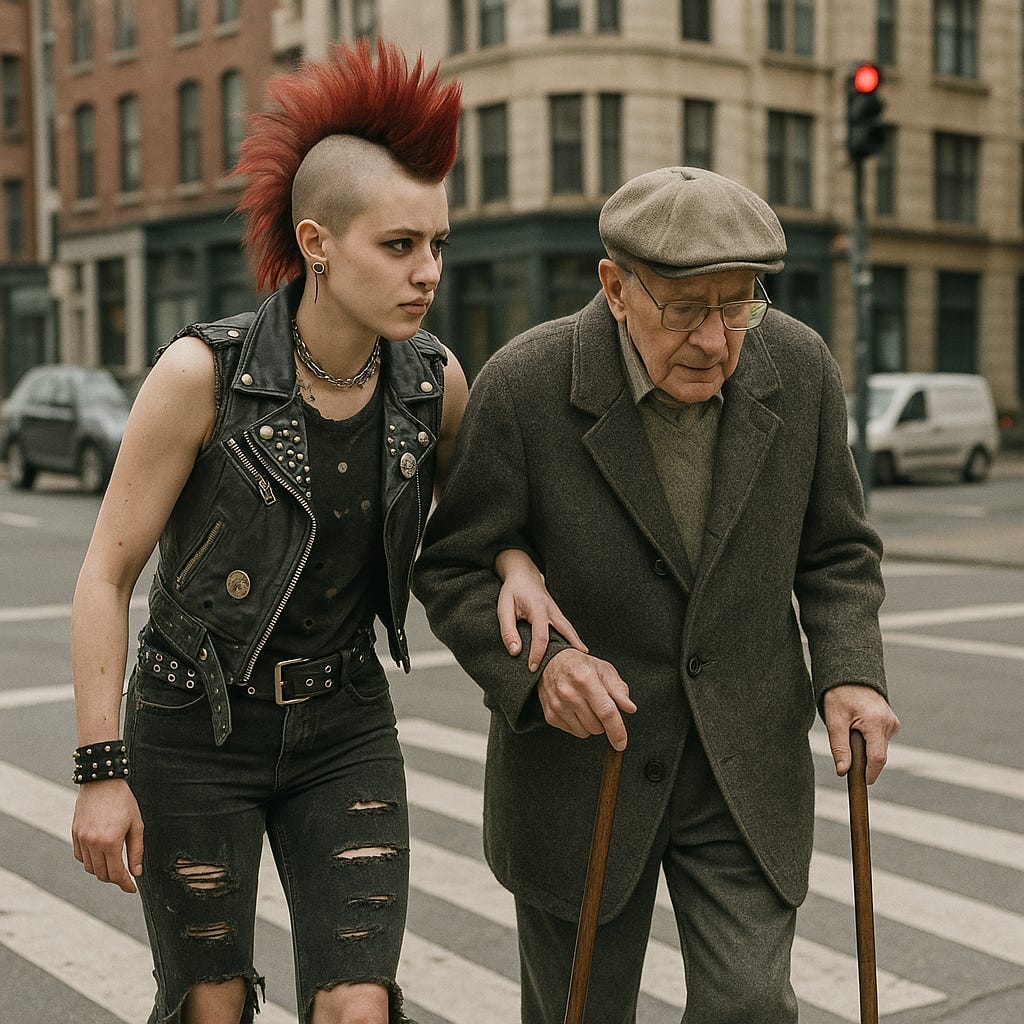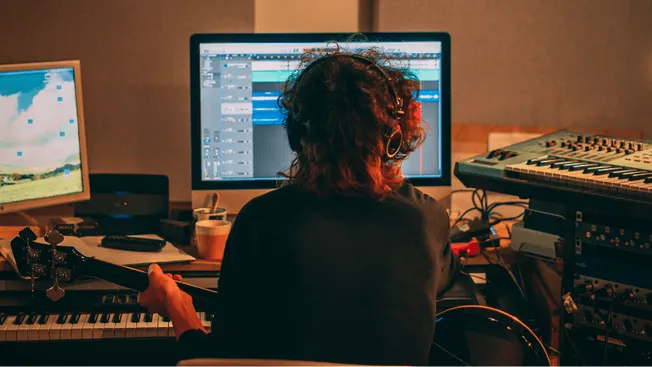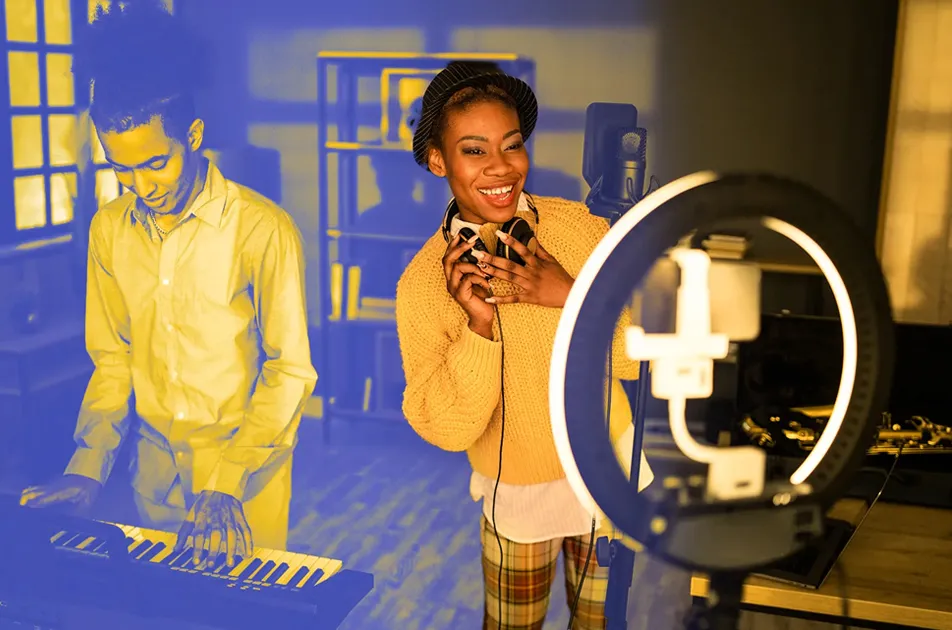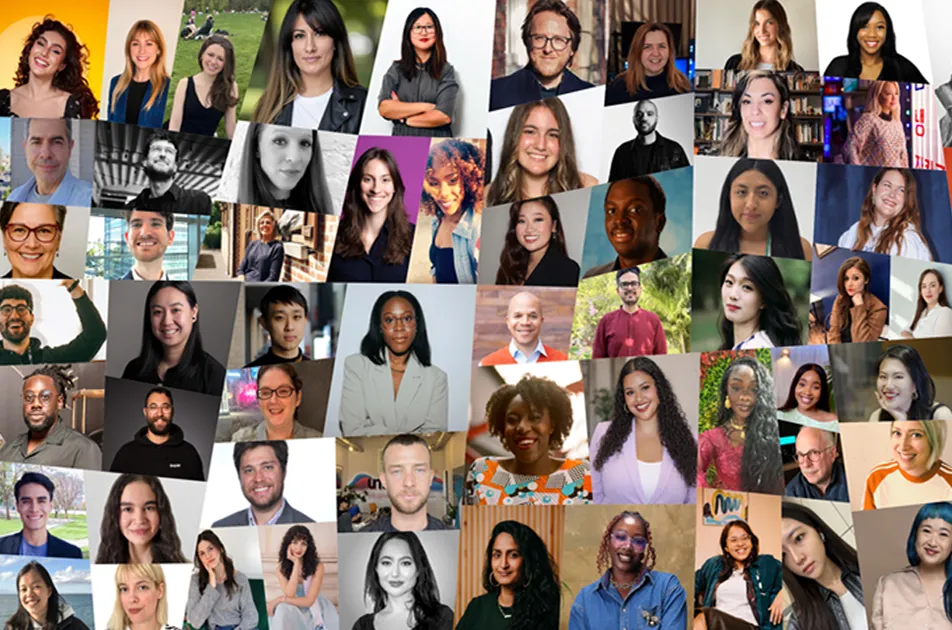Help content like tutorials helps creators get discovered online. But often, help content doesn’t work for musicians. Learn why that’s a problem and if there are ways for artists to use help content without losing their identity.
Help Is Hot, Why Help Content Doesn’t Work for Musicians
by CARLO KIKSEN from The Fanbase Builder
If you are not a subscriber of The Fanbase Builder, join the hundreds of artists, creators, and music industry executives who receive it for free.
Music artists lack access to a powerful discovery channel that other creators leverage.
Why it matters
Many content strategists use Google’s Hero-Hub-Help model as a foundation for audience building.
- Hero: High-impact, campaign-driven content, once or twice a year.
- Hub: Regular content for existing fans and episodic and formatted series.
- Help: Practical, utility-driven content that solves specific problems.
For many creators and brands, Help content generates traffic from new audiences.
When people search “how to remove a stain” or “best pizza in Napoli”, they discover content creators within a hyper-niche who’ve answered these questions. These initial interactions often lead to new followers and ongoing engagement.
The challenge for music artists is that Help content doesn’t naturally align with their artistic expression or brand identity.
Unlike fitness influencers or tech reviewers, artists aren’t inherently positioned to answer practical questions, which leaves them unable to tap into a powerful discovery channel.

How it works
Help content (or: Hygiene content) thrives on search-based discovery. It answers specific questions people actively seek information about, making it highly discoverable through search engines like Google, YouTube, Reddit, TikTok, etc.
The process creates a fan funnel:
- People search for answers to specific questions.
- They discover helpful content from creators they didn’t previously know.
- Algorithms recognise this interest and recommend more content from the same creator.
- Hyper-niche communities form around these shared interests (like subreddits).
This system works brilliantly for content niches. Tech reviewers get discovered through product tutorials, travel creators through destination guides, and fitness influencers through workout instructions.
Music artists, however, typically create:
- Hero content: Album releases, tours.
- Hub content: Behind-the-scenes content, daily stories.
The absence of Help content means artists miss out on an entire discovery ecosystem built around search and problem-solving.
Yes, but..
Artist brands are built on creative expression, not utility. We shouldn’t force Help content into an artist’s strategy if it feels inauthentic.
Some production-focused artists have successfully created tutorial content, but this approach doesn’t translate well across all music genres and typically attracts other musicians rather than potential fans.
For artists, their music catalogue on Spotify might serve as Help content. It’s a great entry point to give new fans a great first impression and lead them to more content. However, it is incomparable to actual Help content that aligns with what people are searching for.
The question becomes: is there a way for artists to participate in search-driven discovery without compromising their artistic identity, or must they accept that this particular discovery channel isn’t well-suited to music?
Take action now
Rather than providing a definitive solution, consider this an invitation to share your thoughts:
- How might music artists create discoverable content that maintains their artistic integrity?
- Could there be untapped forms of help content that naturally align with music, even when tutorial content doesn’t fit the artist brand?
- Is this a fundamental limitation of artist brands or an opportunity for innovation?
Your thoughts
What kind of help content would make sense for music artists to create? Are there other ways for artists to utilise this kind of search behaviour? Share your thoughts in the comments below.





